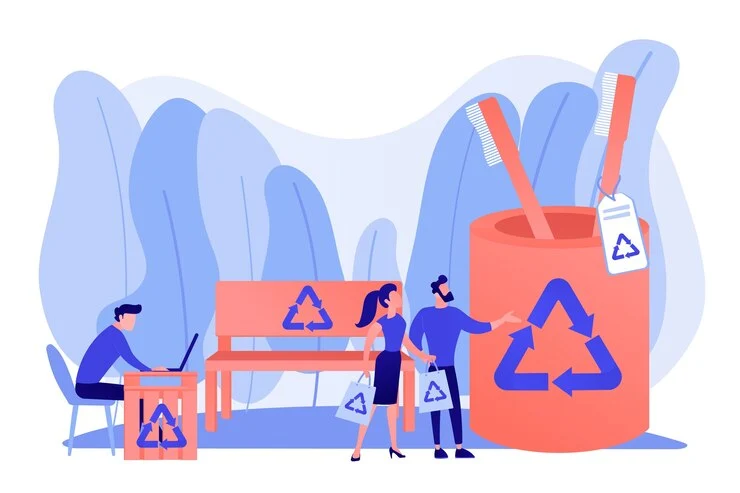-
Dedicated Team
We assign a dedicated operations personnel to your project to ensure clear communication.
-
Precision and Transparency
We thoroughly evaluate your project before presenting a comprehensive situational report.
Who needs to Obtain Battery waste EPR Registration in India?
These Battery EPR Registration regulations are covered on the following entities:
- Everyone involved in the lifecycle of waste batteries:
- Producers
- Dealers
- Consumers
- Entities involved in collection, sorting, transport, refurbishment, and recycling
- All types of batteries, regardless of:
- Chemical composition
- Shape
- Size
- Weight
- Materials used
- Intended purpose
However, these rules do not apply to batteries used in:
- Military equipment:
- Arms and ammunition
- War materials
- Equipment specifically designed for military purposes
- Spacecraft and associated equipment: This includes equipment designed to be sent into space.







